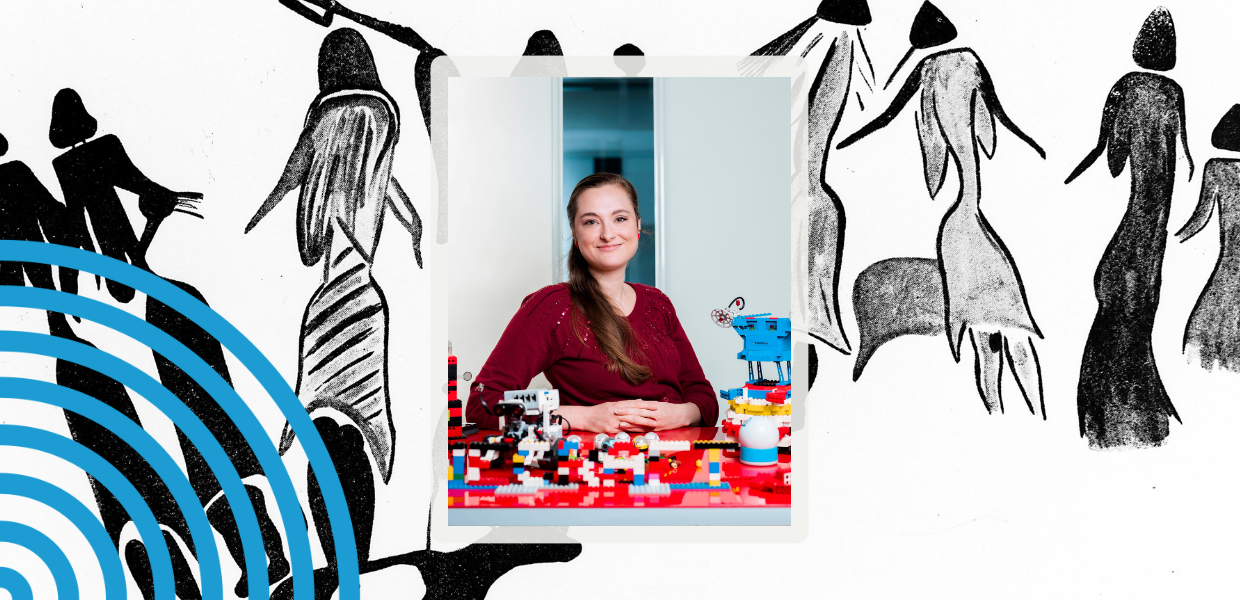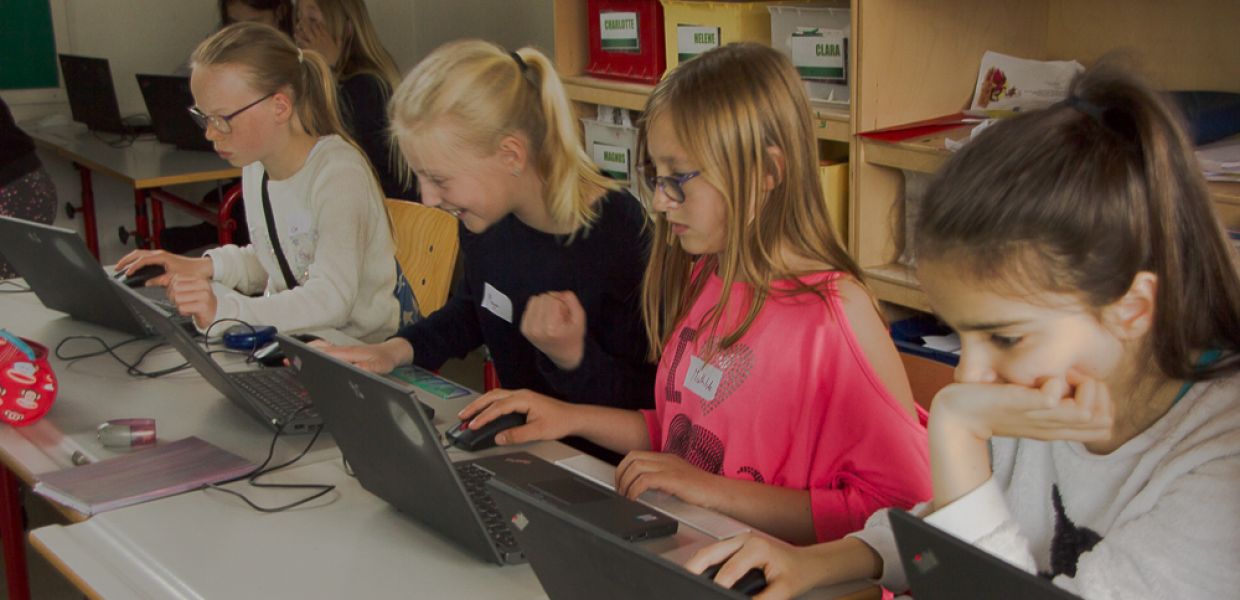For the young women, it’s about cultivating the reasons why they should have an interest in technology and making sure, that the educational system is ready to let them learn.
Female professors and gender diverse classes really help, as well as making real-life applications instead of theoretic.
For the women, they need to know that they are role models for the younger generation and they need to meet female mentors/role models that can help them. Companies need to have inclusive work environments and in many cases encourage women to apply for better positions in the workplace.
In the end, if females are supported in not being perfect, not being ‘nice’ and are provided with an environment to belong to and thrive in, we are doing the best we can at the moment.
Do you feel that women are sufficiently empowered and present in leadership positions?
Unfortunately not. The statistics I keep reading are very clear: women seldom advance above middle management and getting them there is in itself not easy. It seems that a mix of women not putting themselves forward, men hiring other men, females abilities being undermined and downplayed, too few female leaders and unfavourable work environments for women who have families are some of the main problem areas. Having talked with women in upper-level management, the stories they tell me support this. We have a work culture that still favours men with late night meetings, golf meetings and so forth. It’s natural to like the company of people similar to yourself, but it works against diversity and progress.
Also, some women who have reached upper-level management hold on to their positions for dear life, as they are now ‘the woman’ (the only woman) with not much possibility of other women advancing without costing ‘the woman’ her job.
What message would you share with women in the sector today?
Believe in your own skills and strengths. Accept that you are flawed because that is the human way. And just do stuff! Yes, it will most likely freak you out to cross your comfort zone but fear shouldn’t stop you. Fear doesn't go away, so it's important to make it a driving force and not a hindrance. I’m scared every time I do something new. I doubt myself way too much. I also keep going despite - or maybe because - of this.
Find others to lean on and don’t fear the sisterhood that clubs and organisations can provide. Find and embrace them.
It’s never about pushing aside men or taking over. It’s about gaining equality, and that requires a level playing field, which we still haven’t achieved. But we can each contribute to the change.
Each person is a potential role model for someone else, so if you don’t do it for yourself, do it for others. But just do stuff.
What digital communities or networks do you find rewarding?
I am fortunate enough to have created my own network inside of DigiPippi, where I find my daily strength and support. I’m a part of Women in Tech, both locally and internationally, as well as being part of a group of tech women that all work for the same cause as I. Also, I've just been accepted into an exclusive network called BRIDGIT formed by the global Reach for Change organisation.
Who (or what) inspires you at the moment?
Right now my role models are Michelle Obama, Anja Monrad of DELL EMC and Melinda Gates. These women are what I aspire to be in kindness, power and generosity, and I hope someday to get to meet them all and tell them about my work. I’m fortunate enough to know Anja already.
Otherwise, my continued inspiration is the girls. I don’t think I have the words to describe what it feels like to see a girl come out of her shell, eyes glimmering, and see her embrace her own power. It happens at every workshop we’ve ever had, and that’s what keeps me going. Changing just one girl's self-esteem - that’s enough.
Want more? Visit our exhibition Pioneers which highlights the lives and achievements of historical European women. Visit the full list of profiles for the Women in Culture and Technology series - we publish three profiles per week throughout March.


